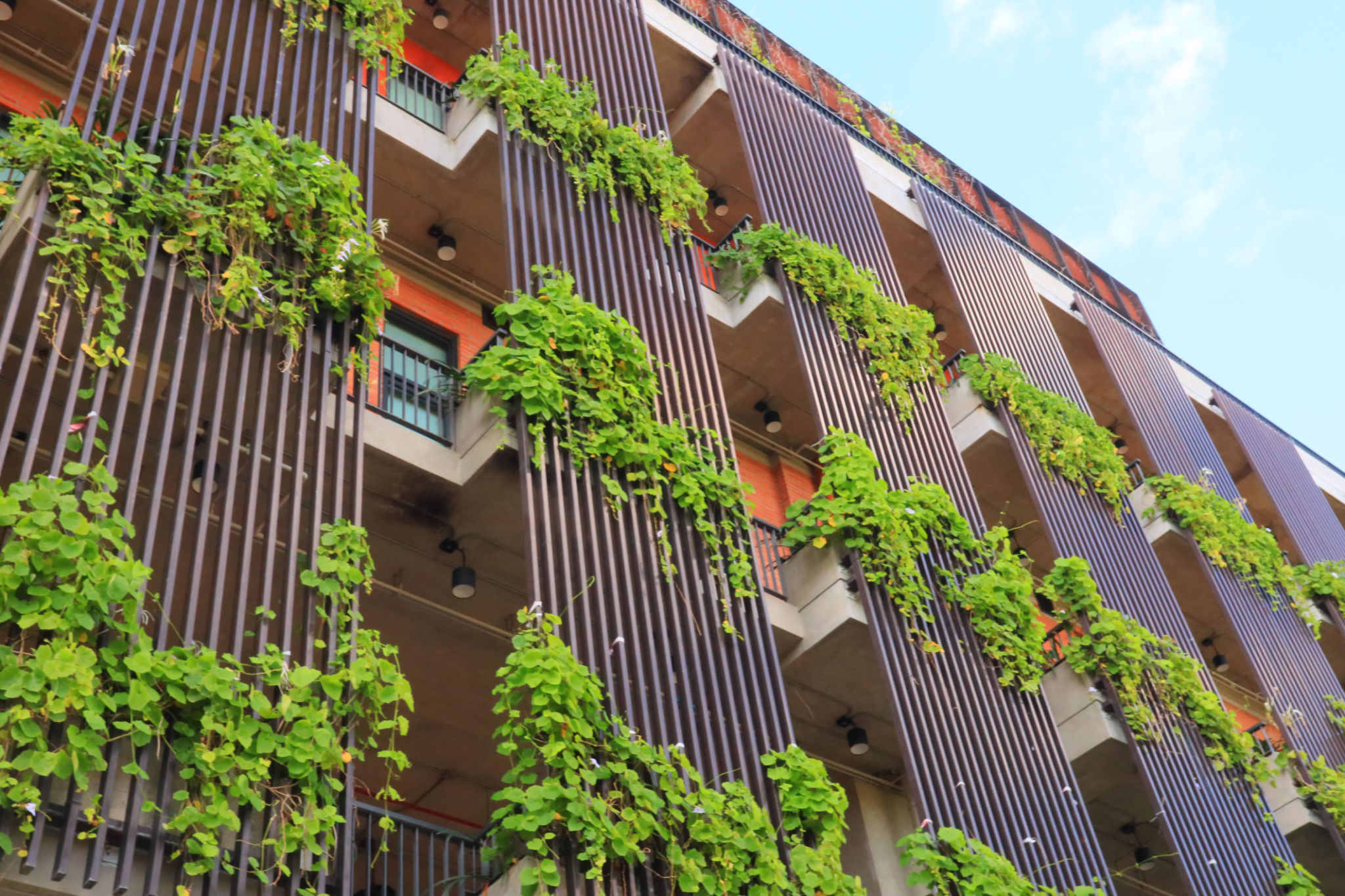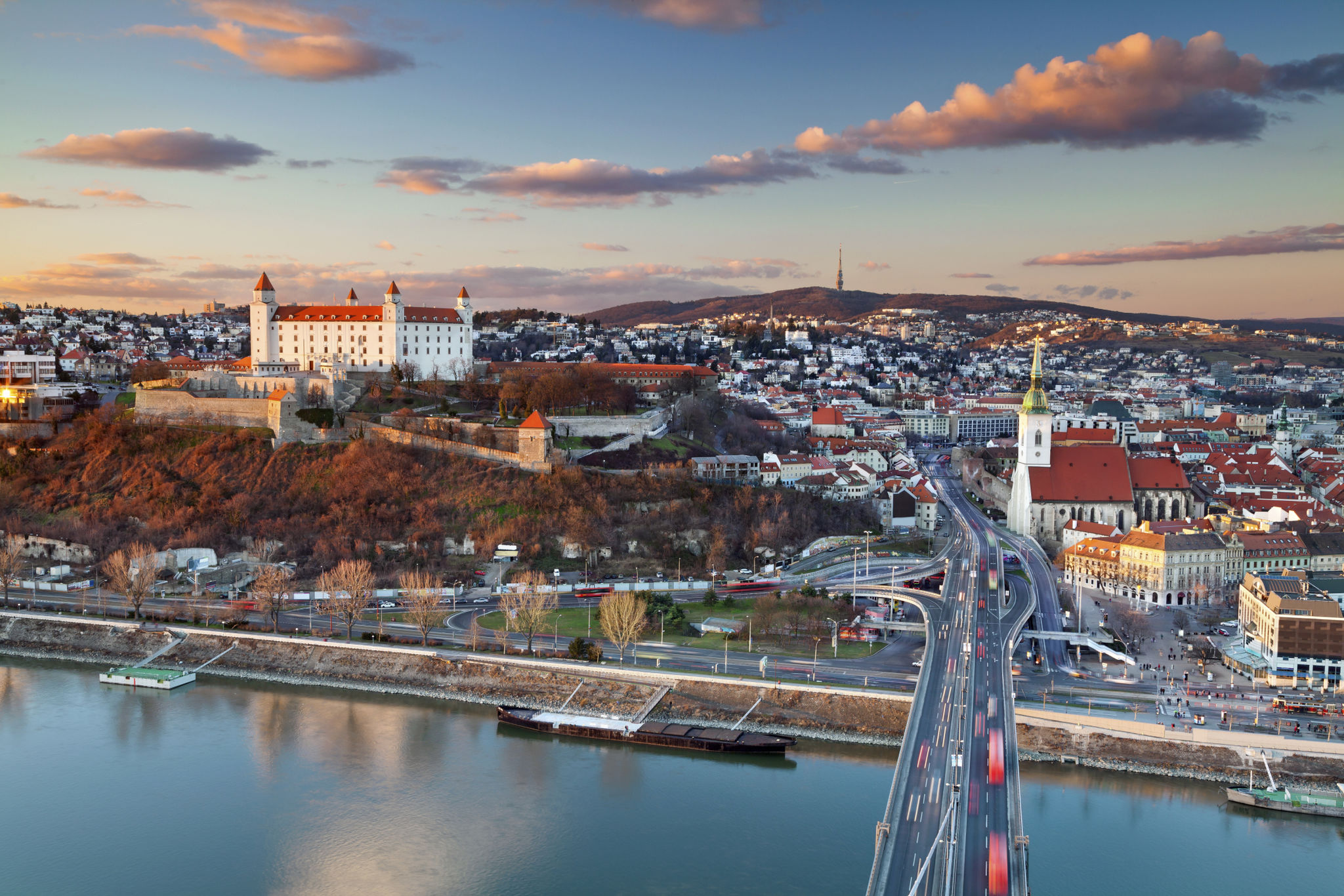The Impact of Local Regulations on Real Estate in Bratislava
Introduction to Local Regulations
Local regulations in Bratislava play a crucial role in shaping the real estate landscape. These regulations are designed to manage urban development, ensure environmental sustainability, and protect the cultural heritage of the city. Understanding these regulations is essential for investors, developers, and residents alike.
Bratislava, being the capital of Slovakia, has unique regulatory challenges and opportunities that influence its real estate market. The city's growth and modernization efforts are consistently matched by evolving local policies aimed at maintaining a balance between development and conservation.

Building Codes and Zoning Laws
Building codes and zoning laws in Bratislava determine where and how properties can be developed. These regulations ensure that construction projects align with the city’s structural safety standards and aesthetic values. Zoning laws particularly influence the type of buildings that can be erected in specific areas, impacting residential, commercial, and industrial developments.
For developers, understanding these codes is critical. Projects must comply with height restrictions, building density regulations, and land use specifications. Failing to adhere can lead to legal challenges or project delays, emphasizing the importance of thorough pre-construction planning.
Environmental Considerations
Environmental regulations significantly impact real estate development in Bratislava. The city places a strong emphasis on sustainable development, aiming to reduce carbon footprints and preserve natural landscapes. Developers are often required to create environmental impact assessments and incorporate eco-friendly practices into their projects.

The push for greener buildings has led to innovations in construction techniques and materials. From energy-efficient designs to sustainable water management systems, these practices not only comply with regulations but also enhance property value by appealing to environmentally-conscious buyers.
Heritage Protection
Bratislava is rich in history and culture, with numerous landmarks and historical sites. Local regulations ensure that the architectural integrity of these sites is preserved during nearby construction activities. This protective approach helps maintain the city’s charm while allowing for modern advancements.
For real estate investors, working within heritage zones means adhering to strict guidelines that may limit alterations or impose additional costs. However, properties within these areas often benefit from a premium market value due to their cultural significance and historical appeal.

Impact on Property Prices
The effect of local regulations on property prices in Bratislava is multifaceted. On one hand, stringent regulations can increase development costs, potentially inflating property prices. On the other, they can stabilize market conditions by preventing oversupply and ensuring quality standards are met.
Buyers and investors need to consider how these factors may influence their decisions. Properties adhering to local standards might command higher prices but offer greater stability and long-term value appreciation.
Conclusion
Navigating the real estate market in Bratislava requires a keen understanding of local regulations. While these rules present challenges, they also offer opportunities for sustainable growth and investment. By respecting Bratislava’s regulatory landscape, stakeholders can contribute to a thriving and balanced urban environment.
Whether you're a developer planning a new project or an investor looking to purchase property, staying informed about local regulations will be key to your success in Bratislava's dynamic real estate market.